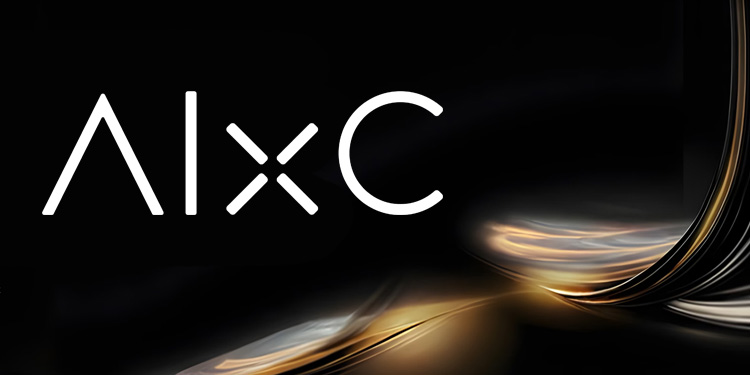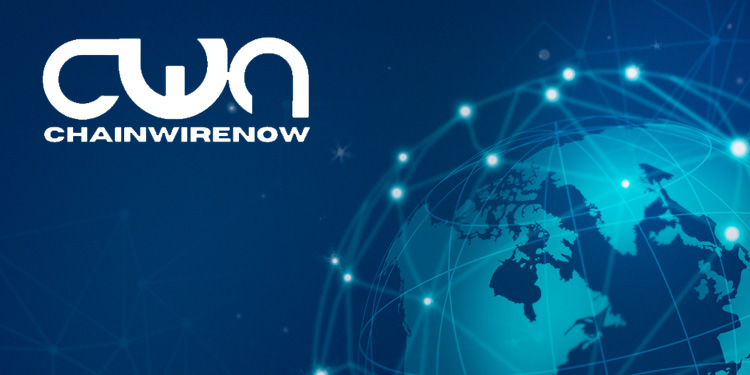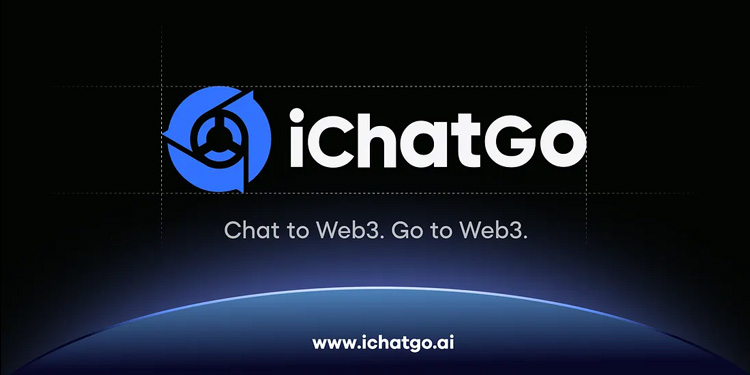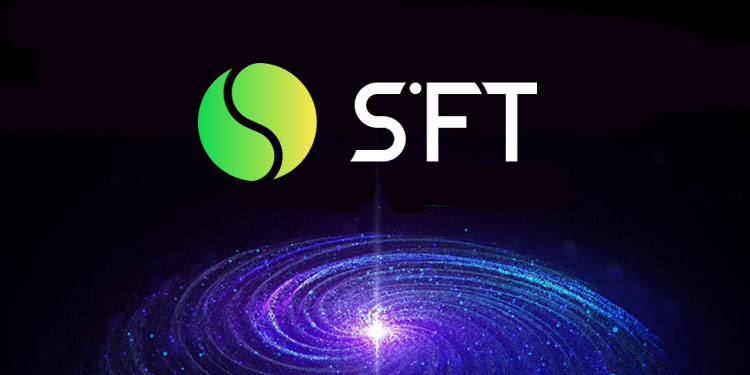In a move that is expected to reshape the dynamics of decentralized identity, Web3.bio has entered a strategic partnership with Sign, a leading decentralized identity protocol. The collaboration, backed by Mask Network, is intended to elevate the standards of digital identity verification, combining cutting-edge technologies to transform how users manage their Web3 profiles and build social reputation.
Web3.bio, a platform developed under the Mask Network umbrella, has been described as a hybrid between a Web3-native version of Linktree and LinkedIn. Following its evolution from Mask Network, the platform has focused on integrating various identity protocols—including ENS, Farcaster, and Lens—to provide a comprehensive identity graph, activity feeds, and scoring metrics for reputation. Through these features, the platform is designed to assist users and developers in navigating the Web3 space more effectively. It also supports rich profile customization and offers a robust Profile API for seamless integration.
Sign, the identity protocol joining hands with Web3.bio, brings its expertise in decentralized identity verification. Its services include NFC-based passport scanning and biometric authentication, allowing users to verify government-issued IDs, banking credentials via Plaid, and Know Your Customer (KYC) status from leading exchanges such as Binance and Coinbase. Additionally, Sign’s TokenTable solution offers tools for secure token distribution and digital asset management, with integrations already in place with blockchain platforms like ZetaChain and Starknet.
The integration of Sign’s verification systems into Web3.bio is expected to introduce a suite of innovative use cases. One major development includes the rollout of identity-based airdrops. Through this feature, token distribution can be tailored to verified characteristics such as user age or nationality rather than relying solely on wallet addresses. This marks a shift toward more targeted and compliant distribution models in the Web3 environment.
Another significant advancement stems from Sign’s attestation framework, which is set to strengthen the decentralized reputation mechanisms within Web3.bio. By enabling users to verify credentials on-chain without disclosing personal data, the platform aims to establish a more privacy-preserving and trustworthy system for digital interactions.
The partnership also promises to deliver a unified Web3 identity experience. By merging Web3.bio’s profile management tools with Sign’s verification infrastructure, users will benefit from a more holistic and secure ecosystem. This will not only simplify identity management but also enhance the credibility and authenticity of Web3 users in both social and transactional contexts.
Since 2022, Mask Network has been actively investing in decentralized social technologies and infrastructure. This latest move aligns with the broader mission of MaskDAO, which advocates for an open, interoperable, and privacy-first Web3 identity framework. Through the partnership with Sign, Mask Network aims to foster a new era of trusted interactions and community-building in the decentralized web.
With both Web3.bio and Sign bringing complementary strengths to the table, the collaboration is positioned to set new benchmarks in the field of decentralized identity and social reputation management.









